| 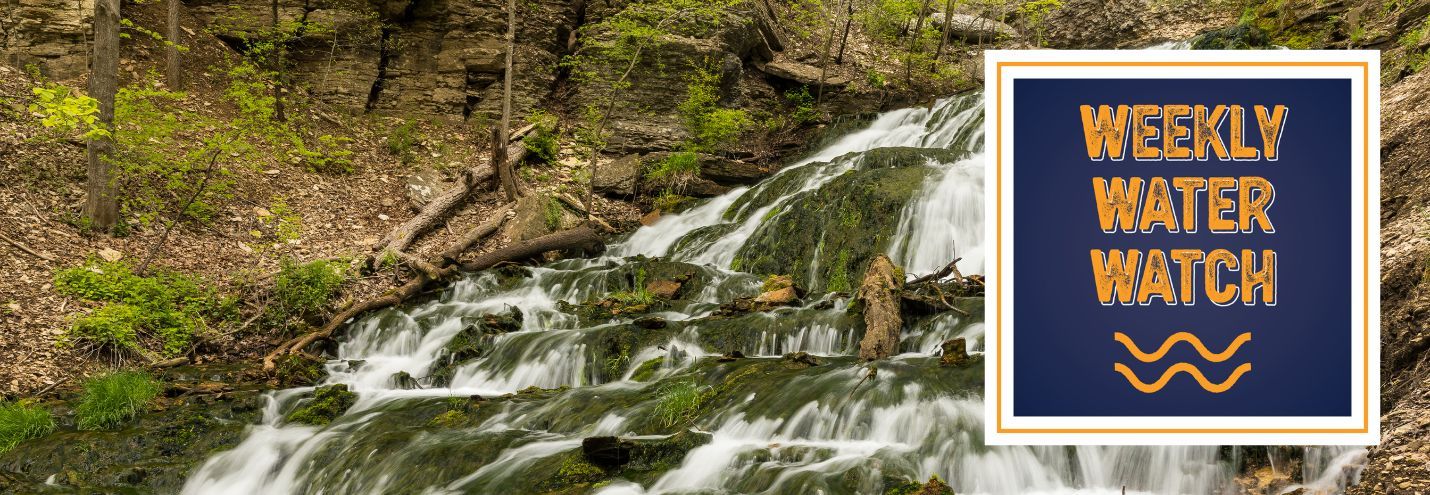 | | 3 Beaches with an E. coli Advisory:
Backbone Beach (Dundee, Delaware County, IA)*
Beed’s Lake Beach (Hampton, Franklin County, IA)*
Prairie Rose Beach (Harlan, Shelby County, IA)* 3 City and County Beaches exceed the state’s advisory threshold for E. coli.*
View the map on our website to see where they are. Note: George Wyth Beach was not tested this week due to park flooding. Oak Grove Beach at Saylorville Lake is closed due to high water. *Data from the Iowa DNR State Park Beach Monitoring Program |
| Nitrate Affects All of Us: IEC Releases New Report on Heath Risks of Nitrate in Drinking Water |
| Last week, the Iowa Environmental Council (IEC) published a new report “Nitrate in Drinking Water: A Public Health Concern for All Iowans,” outlining the risks of nitrate in drinking water to Iowans of all ages. The report, an update to a 2016 IEC publication of the same name, examines the links between nitrate in drinking water and public health risks. Peer-reviewed scientific research demonstrates links between nitrate in drinking water and increased risk of birth defects, colorectal cancer, bladder cancer, and other types of cancer. Research published over the past eight years provides even more compelling evidence that long-term exposure to nitrate at levels well below the current drinking water standard of 10 mg/L can lead to higher risk of these adverse health outcomes. “For too long, it’s been commonly accepted that nitrate in drinking water isn’t a serious concern for anyone older than six months,” said Alicia Vasto, Water Program Director for IEC. “The recent research included in our report paints a much different picture.” The federal drinking water standard for nitrate was set in 1962 to protect against the risk of methemoglobinemia, also known as blue-baby syndrome, a serious and potentially fatal condition that decreases the blood’s ability to carry vital oxygen through the body. As IEC’s report lays out, a growing body of research suggests that nitrate pollution poses risks to the public at any age. “The evidence in this report is especially important now as EPA is restarting a human health assessment on the impacts of nitrate,” said IEC staff attorney Michael Schmidt. “The EPA should consider reducing the drinking water standard for nitrate to 5 or even 3 mg/L to protect human health.” In addition to providing summaries of the scientific findings, IEC’s report outlines recommendations for policy solutions to reduce the risk of nitrate health impacts for Iowans. As elected officials and government agencies consider how to protect public health, they must consider regulatory solutions. |
| |
|
| | 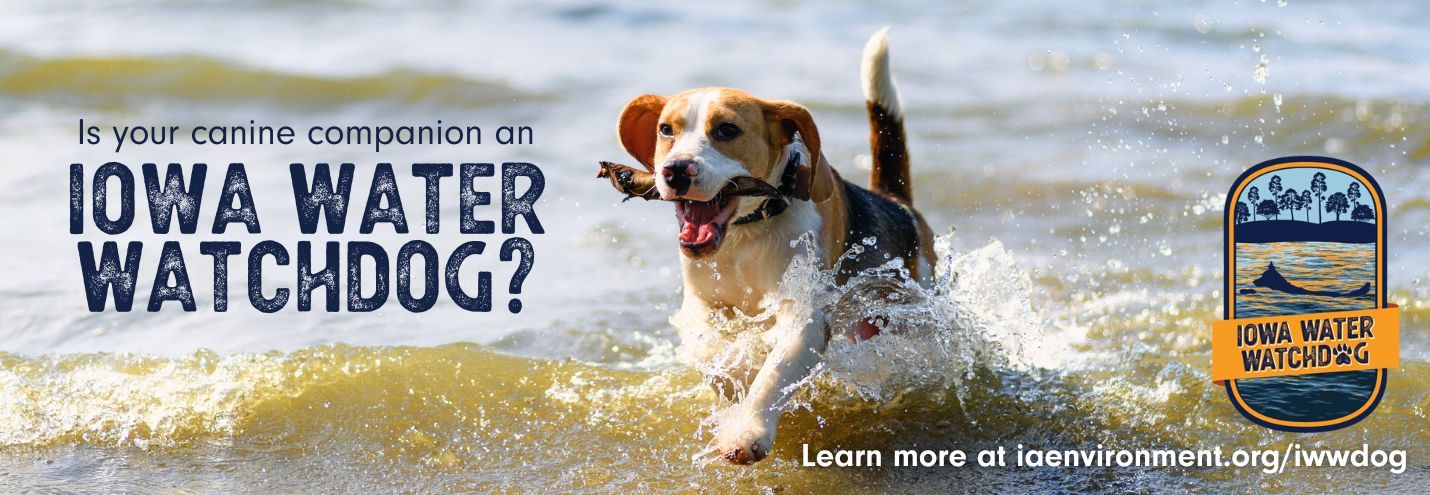 | | 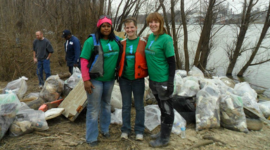 | Join us for River Days of Action, June 1-15 This weekend kicks off the Mississippi River Network's River Days of Action!
River Days of Action brings together organizations and community partners for events and opportunities from Headwaters to Gulf of our mighty Mississippi. Together, we are directly impacting the well-being of the people, land, water, and wildlife of our Mississippi River. These events are excellent opportunities to showcase the hard work performed by local environmental organizations and connect with the Mississippi River Network's River Citizen community, decision-makers, and activists. IEC is excited to participate in River Days of Action with two events on June 13! Join us for an educational meeting and community listening session to hear about our recent petition to the EPA, learn about the health and pollution issues caused by animal feeding operations in the Driftless area, and discuss with fellow community members. Our first stop will be at the National Mississippi River Museum & Aquarium in Dubuque from 12-1 PM before heading to the Civic Center in Strawberry Point from 5:30-6:30 PM. The events are free but RSVP to let us know you're coming! |
|
|
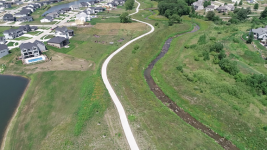 | Stormwater Assistance Program in West Des Moines When you look around your community, you might not think about stormwater and where it goes once it flows off our streets, rooftops, and driveways. However, managing stormwater is a critical task that ensures your community is protected from flooding and pollution. The key to achieving this in many urban and suburban areas is the Municipal Separate Storm Sewer System (MS4) permit—a nationwide permit designed to keep stormwater in check and maintain a healthy environment. Stormwater is the water that runs off impervious surfaces like paved roads, rooftops, and compacted lawns. This water comes from rainfall, snowmelt, or surface drainage. As it flows over the landscape, stormwater picks up sediment, contaminants, litter, fertilizer, and other pollutants. Without proper management, this polluted water eventually makes its way into creeks, ponds, and rivers, leading to environmental harm. To learn more about municipal stormwater management and West Des Moines' Stormwater Assistance Program, read the entire blog from Isaac Svoboda, Engineering Technician from the City of West Des Moines, on our website! | |
|
|
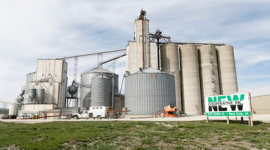 | Statement on NEW Co-Op Enforcement Referral The NEW Cooperative fertilizer release in March 2024 was one of the most significant water pollution events in recent memory. The discharge of 265,000 gallons of concentrated fertilizer decimated the ecosystem by killing an estimated 749,000 fish and untold other aquatic life. The damage stretched 60 miles downstream until the contaminated Nishnabotna River reached the Missouri River. Last week, the Environmental Protection Commission (EPC) referred the case for elevated enforcement action through the Attorney General’s office. The Department of Natural Resources can only assess $10,000 in administrative penalties – as limited by the state legislature since 1992 – which fails to reflect the seriousness of this case. The EPC's referral to the AG’s office is an important first step in seeking justice for the river, wildlife, and communities impacted by this devastating incident. Ultimately, the enforcement taken by the AG’s office must reflect the grave impact the fertilizer spill has had on the East Nishnabotna River. Read IEC's full statement in response to the EPC's decision to refer the case to the Attorney General's office in our newsroom. |
|
|
| |  | | What's new in Iowa's water news: |
|
|
| | 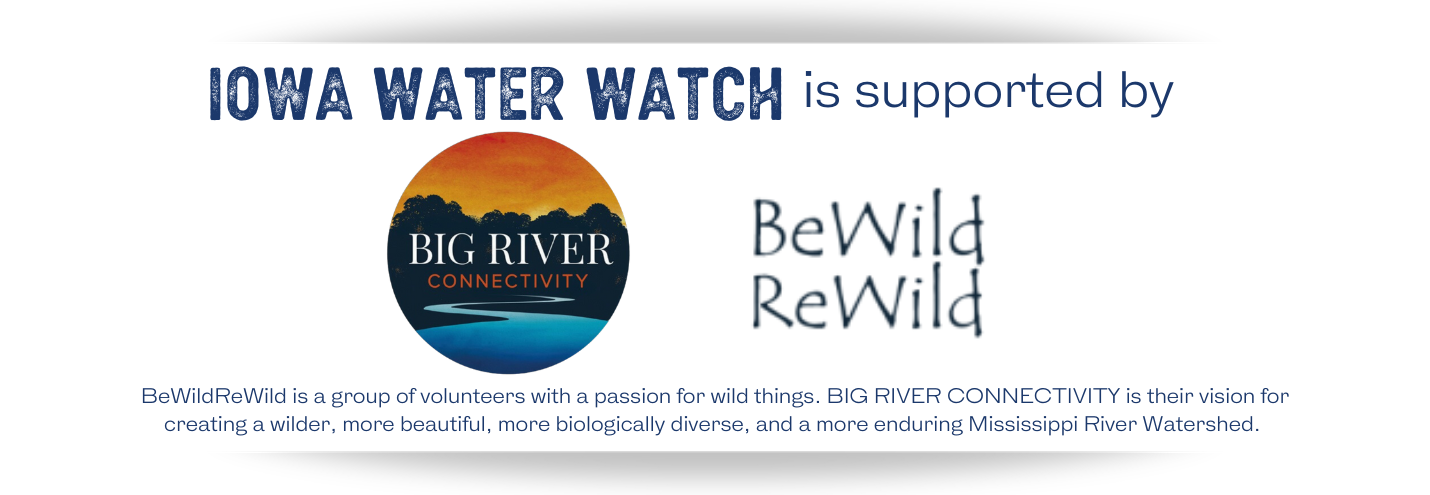 | | | Iowa Environmental Council
505 Fifth Ave., Suite 850
Des Moines, Iowa 50309-2317
515-244-1194 | iecmail@iaenvironment.org |
|
|
|
|
|